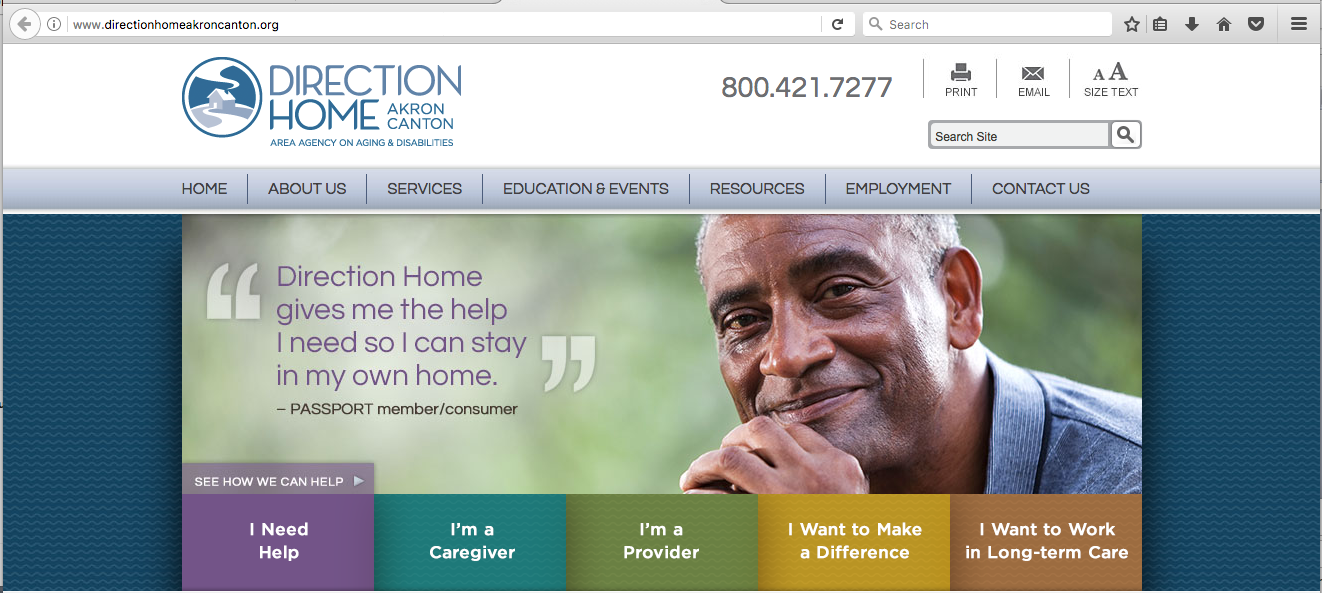
Private duty nursing refers to the care provided by licensed nurses. Private duty nurses could be either LPNs/LVNs (RNs) or LPNs/LVNs. Private duty nursing can have many advantages. Private duty nursing is flexible. It gives patients individual attention and allows caregivers to be flexible with their time. There are downsides, however. Here are some cons to private duty nursing.
It was a flexible job
Private duty nursing was once an attractive alternative to a full time, reliable job. Hospitals did not often offer nurses permanent jobs. Instead they hired them per-diem, so that they could work whenever needed. This was done to reduce costs while maintaining adequate staffing for patients. The per-diem model was not popular with private duty nurses, so many of them stayed in the private-duty sector.
It was viewed as wasteful of professional nurse resources
In the past, private duty nursing was a practice that many nurses considered to be a waste of professional nurse resources. In today's healthcare environment it is becoming more common. Many hospitals have now banned private duty nursing. Nurse unions have also begun to protest against the practice. The main reason for the change in opinion is the lack of staffing, and the availability resources in drug rooms.
It's still very popular today.
Private duty nursing is a form of unpaid care, despite in-home care becoming more popular. Although clients pay for private nursing services out of their own pockets and insurance will cover them according to their specific medical needs, the majority of clients are covered by their insurance. Even if the client is only requiring medication one time per day, some insurance policies will cover the entire cost of the care arrangement. If the client stops requiring medical attention, the insurance will stop covering any further nursing services.
